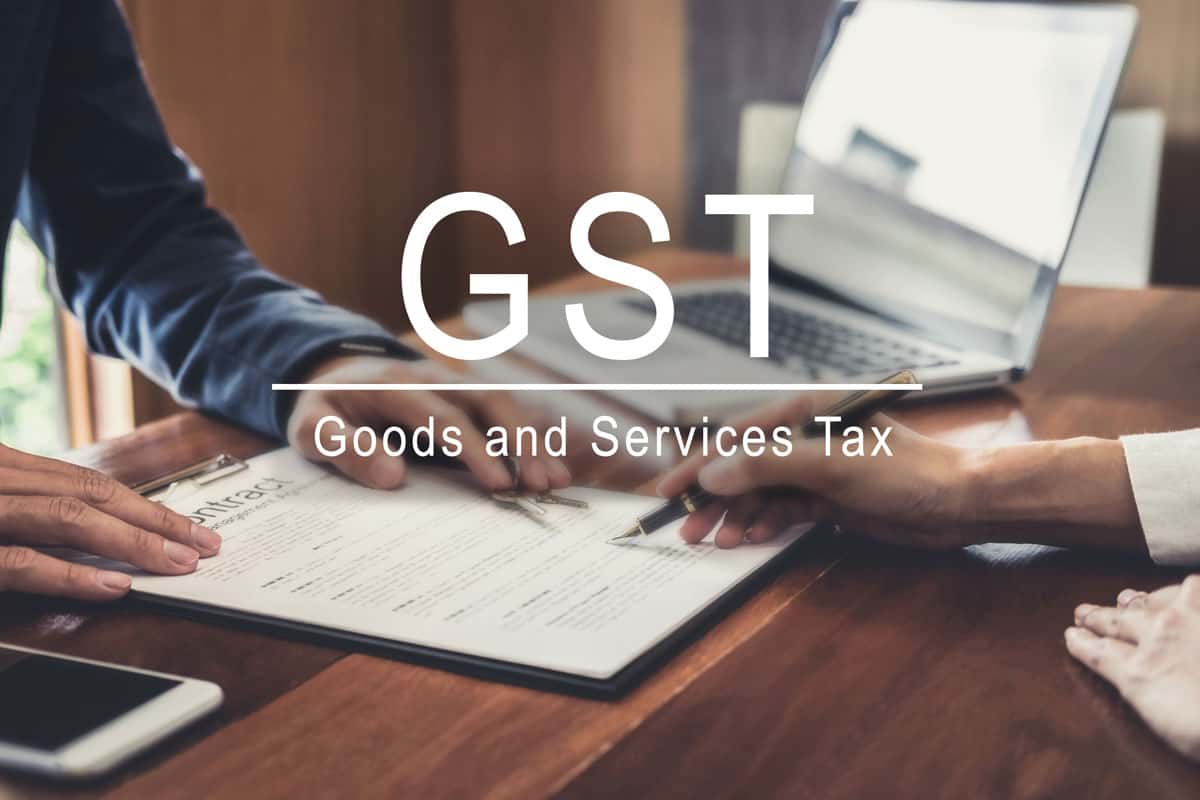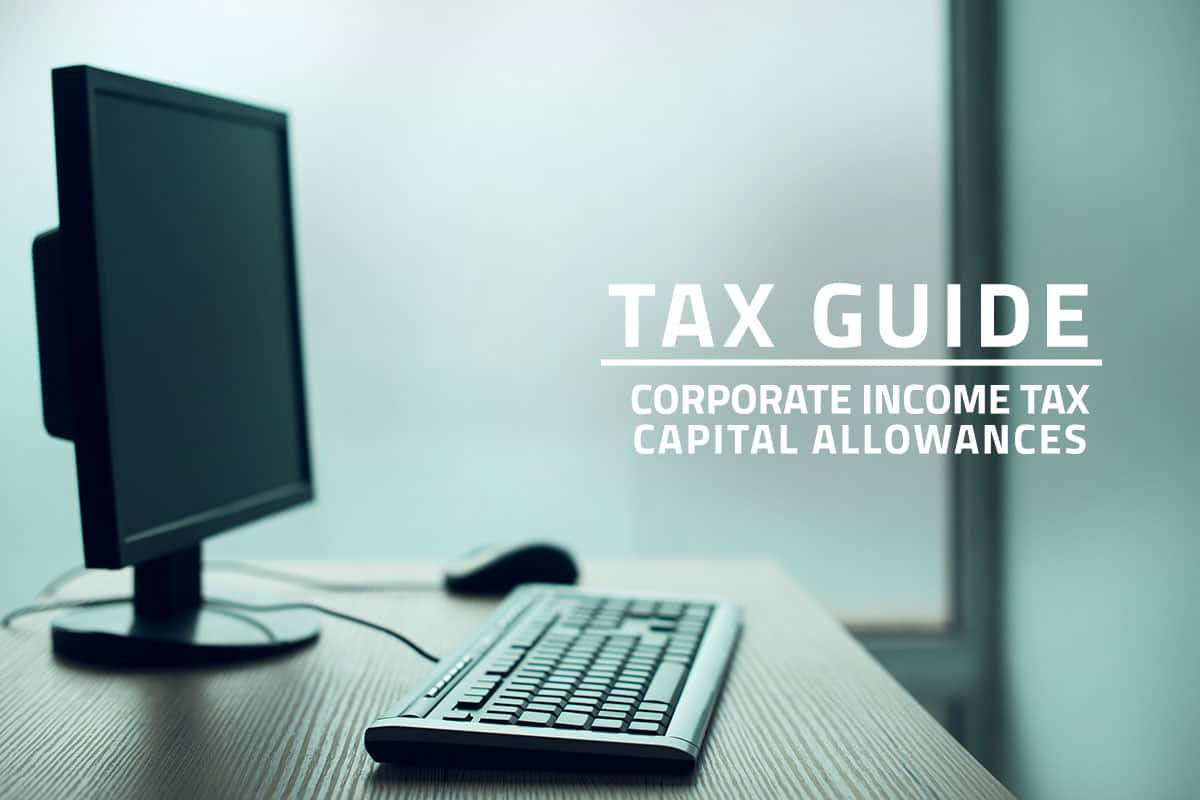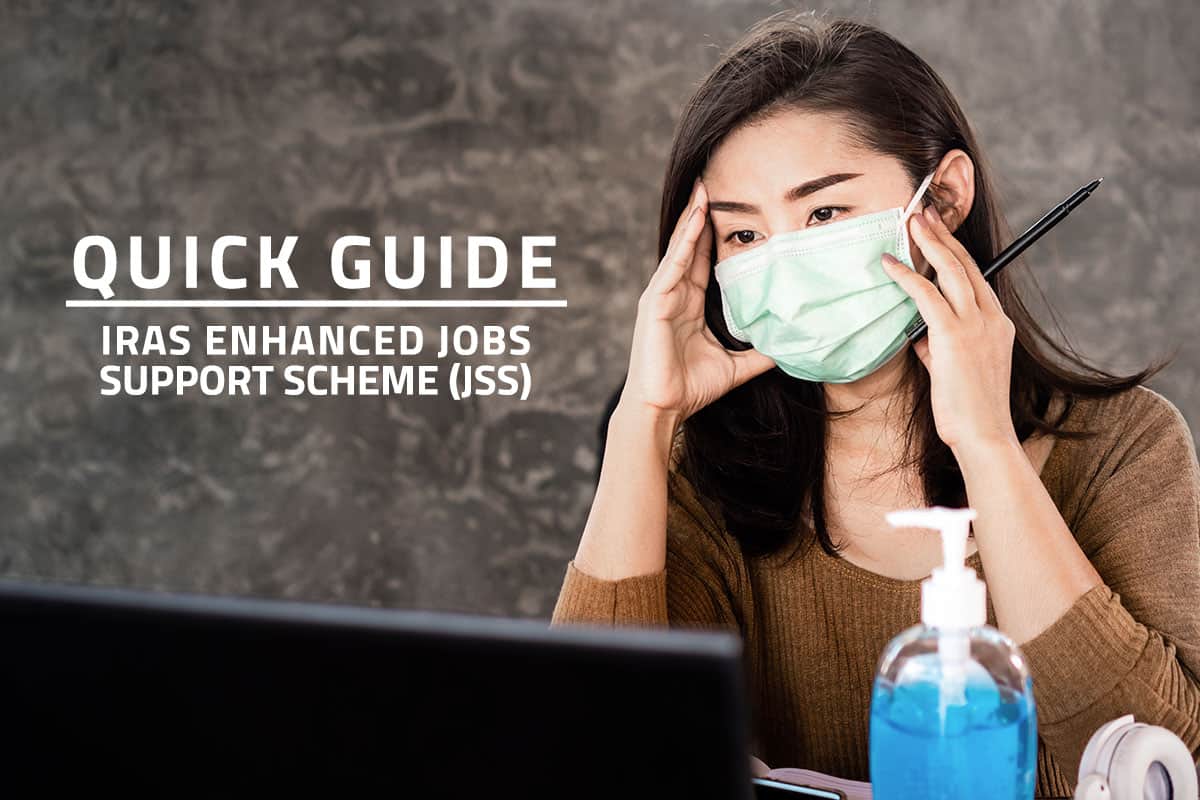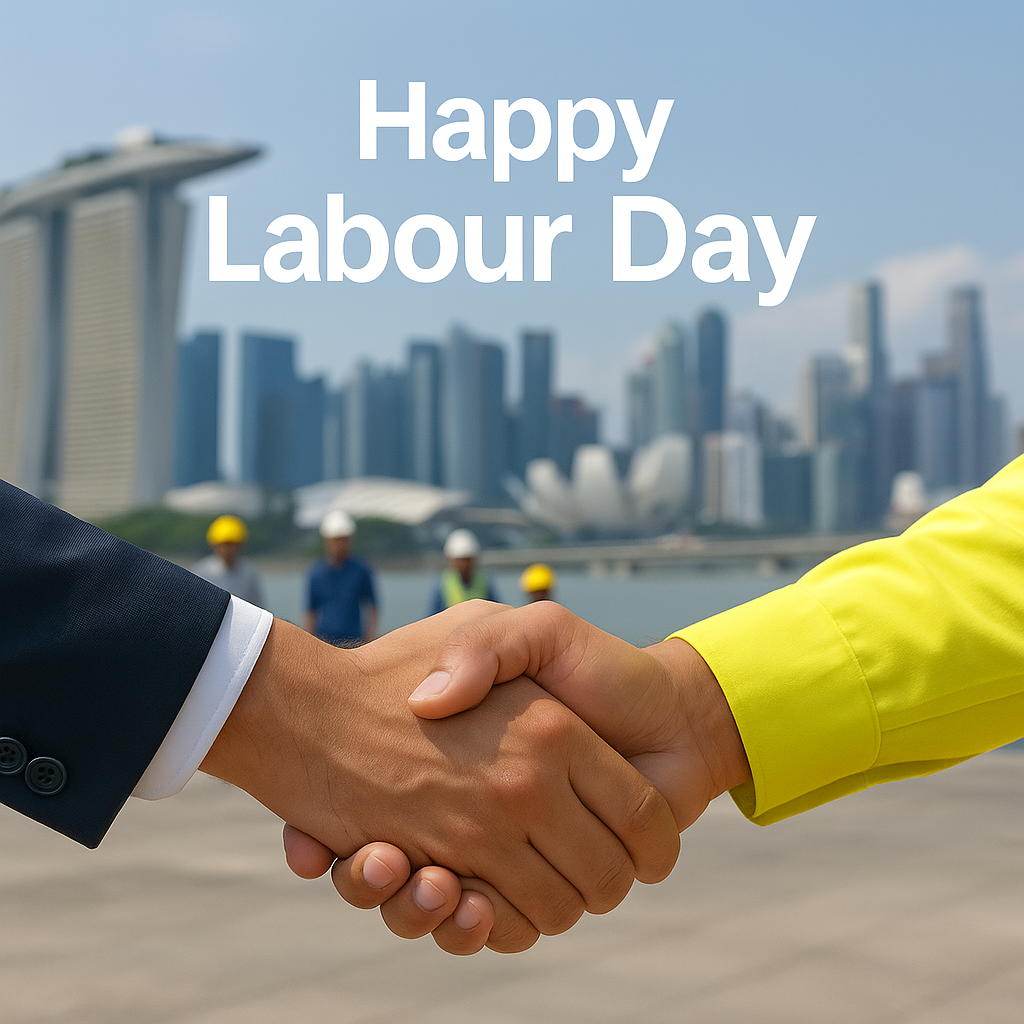As per the rules and guidelines set by the Inland Revenue Authority of Singapore (IRAS), GST may be charged on sales of locally-made goods and services rendered excluding exported goods, international services and exempt supplies. GST registered companies may claim back GST incurred on business expenses and quarterly GST returns must be submitted to IRAS accordingly.
What is GST?
Goods and Services Tax or GST is a broad-based consumption tax charged in addition to the price of imported goods, as well as a wide-ranging category of goods and services in Singapore. GST is more commonly known as Value-Added Tax (VAT) in overseas developed countries such as Japan or Korea.

What are Exempt Supplies under Singapore GST?
Singapore GST legislation specifically exempts certain goods and services from GST levy. Such items include the provision of financial services, sale and lease of residential properties, as well as import and local supply of investment precious metals. Exports and international services are also exempt from GST, where these goods are zero rated instead of the fixed 7% GST rate being charged and currently enforced. When submitting GST returns, the value of exempt supplies needs to be determined and reported.
Financial Services as GST Exempt Supplies
The Singaporean government has specifically mandated financial services transactions to be GST exempt supplies with the intention of building up the financial services sector. Most financial services are provided by banks but such services are also provided by insurance companies and moneylenders. Banks may charge credit card fees and recurring annual bank maintenance charges and consider these items as GST exempt supplies. Other examples include foreign currency exchange, sale of bonds, provision of loans and life insurance policy. Professional fees on advising on financial transactions such as investment advisory activities are not considered exempt supplies hence should be charged the standard 7% rate when billing local Singapore customers.
Sale and Lease of Residential Properties as GST Exempt Supplies
Residential property transactions are not subject to GST. For example, if a bungalow worth SGD 1million is put for sale, GST is not levied on the SGD 1million price tag when a deal is sealed. Residential properties are defined as only inclusive of land and building. Some residential property sales are bundled together with movable furniture and these items have to be identified separately from the price for GST to be levied accordingly. Similar to advising on financial transactions, brokerage fees are taxable supplies as professional services offered to local customers in Singapore. Rental charged for residential properties are exempt from GST.
Investment Precious Metals as GST Exempt Supplies
Import and supply activities relating to gold, silver and platinum are zero rated as a result of the government’s policy incentive for developing the gold refining industry in Singapore. Precious metals that pass the IRAS criteria would be deemed as Investment Precious Metals (IPM). To comply with Singapore GST legislation, administratively, invoices have to be precise in defining these exempt precious metal items when it comes to billing.
Consulting a qualified tax professional may be a good option to clear any doubts regarding the GST exempt supplies in place and to guide you for being GST compliant in Singapore.
Related Posts
Tax Guide: Singapore Capital Allowances
By law, all Singapore Companies are required to file annual income tax returns to the…
Quick Guide: IAS 20 – Accounting for Government Grants
This year, the COVID-19 crisis has adversely impacted the global economy. Singapore is no exemption,…
Singapore Guide: ISCA FRB 6 – Accounting for Jobs Support Scheme
This year, the COVID-19 pandemic has inevitably adversely impacted the global economy. Singapore companies and…
Quick Guide: Singapore’s Enhanced Jobs Support Scheme (JSS)
The Singaporean government launched the Jobs Support Scheme (JSS) in late April as part of…












